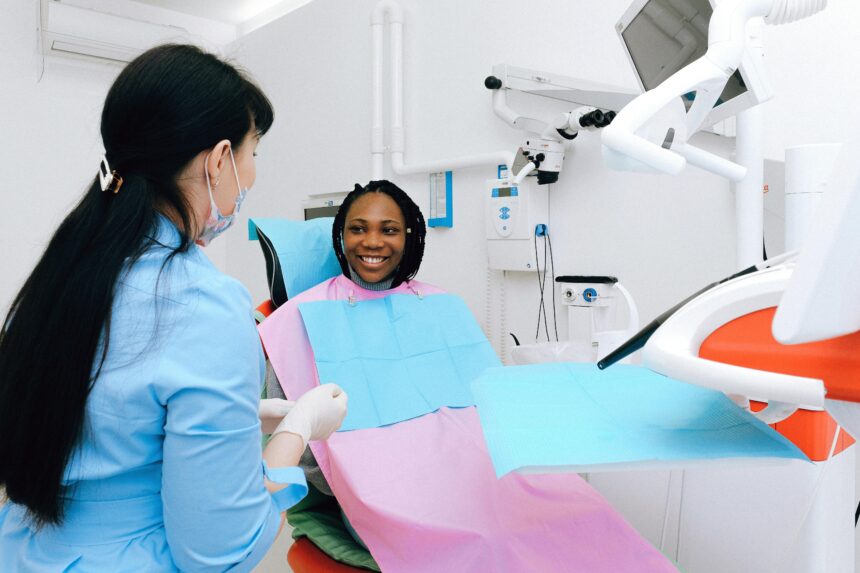How to Monitor Your Cardiovascular Health During Cancer Treatment
Cancer treatment can be a challenging journey, not only for the body but also for the cardiovascular system. Many cancer therapies, including chemotherapy and radiation, can have significant effects on heart health. Therefore, it is crucial for patients to monitor their cardiovascular health throughout their treatment. This article will explore effective strategies for monitoring cardiovascular health during cancer treatment, the importance of regular check-ups, and lifestyle modifications that can support heart health.
The Impact of Cancer Treatment on Cardiovascular Health
Understanding how cancer treatments affect the cardiovascular system is essential for patients and healthcare providers. Certain treatments can lead to cardiovascular complications, including:
- Chemotherapy: Some chemotherapy drugs, such as anthracyclines, can cause heart damage and increase the risk of heart failure.
- Radiation Therapy: Radiation directed at the chest can damage heart tissues and blood vessels, leading to long-term cardiovascular issues.
- Hormonal Therapies: Hormonal treatments for breast and prostate cancer can also elevate the risk of cardiovascular diseases.
According to a study published in the Journal of the American College of Cardiology, cancer survivors are 68% more likely to develop heart disease compared to the general population. This statistic underscores the importance of vigilant cardiovascular monitoring during and after cancer treatment.
Regular Check-Ups: A Vital Component
Regular check-ups with healthcare providers are crucial for monitoring cardiovascular health during cancer treatment. Patients should consider the following:
- Cardiology Consultations: Regular visits to a cardiologist can help assess heart function and detect any early signs of cardiovascular issues.
- Blood Pressure Monitoring: Keeping track of blood pressure is essential, as some cancer treatments can lead to hypertension.
- Cholesterol and Blood Sugar Levels: Regular blood tests can help monitor cholesterol and glucose levels, which are critical for heart health.
For instance, a case study involving a breast cancer patient undergoing chemotherapy revealed that regular cardiology consultations allowed for early detection of heart strain, enabling timely intervention and management.
Self-Monitoring Techniques
In addition to professional check-ups, patients can adopt self-monitoring techniques to keep track of their cardiovascular health:
- Heart Rate Monitoring: Using a heart rate monitor or smartwatch can help track heart rate fluctuations during physical activity.
- Symptom Awareness: Patients should be vigilant about symptoms such as chest pain, shortness of breath, or unusual fatigue, and report these to their healthcare team.
- Daily Activity Logs: Keeping a log of daily activities, including exercise and rest periods, can help identify patterns that may affect heart health.
For example, a lung cancer patient who maintained a daily activity log was able to identify that certain exercises exacerbated her symptoms, prompting her to adjust her routine and consult her healthcare team.
Lifestyle Modifications for Heart Health
Incorporating heart-healthy lifestyle changes can significantly benefit cardiovascular health during cancer treatment:
- Balanced Diet: A diet rich in fruits, vegetables, whole grains, and lean proteins can help maintain heart health. Foods high in omega-3 fatty acids, such as salmon and walnuts, are particularly beneficial.
- Regular Exercise: Engaging in moderate physical activity, as advised by healthcare providers, can improve cardiovascular fitness and overall well-being.
- Avoiding Tobacco and Limiting Alcohol: Smoking and excessive alcohol consumption can exacerbate cardiovascular risks, making it essential to avoid these substances.
Research indicates that patients who adopt a heart-healthy lifestyle during cancer treatment experience better overall outcomes and improved quality of life.
Conclusion
Monitoring cardiovascular health during cancer treatment is a critical aspect of patient care that should not be overlooked. By understanding the potential impacts of cancer therapies on heart health, engaging in regular check-ups, utilizing self-monitoring techniques, and making lifestyle modifications, patients can take proactive steps to safeguard their cardiovascular well-being. As cancer treatments continue to evolve, so too should the strategies for managing the associated risks, ensuring that patients not only survive cancer but thrive in their post-treatment lives.
